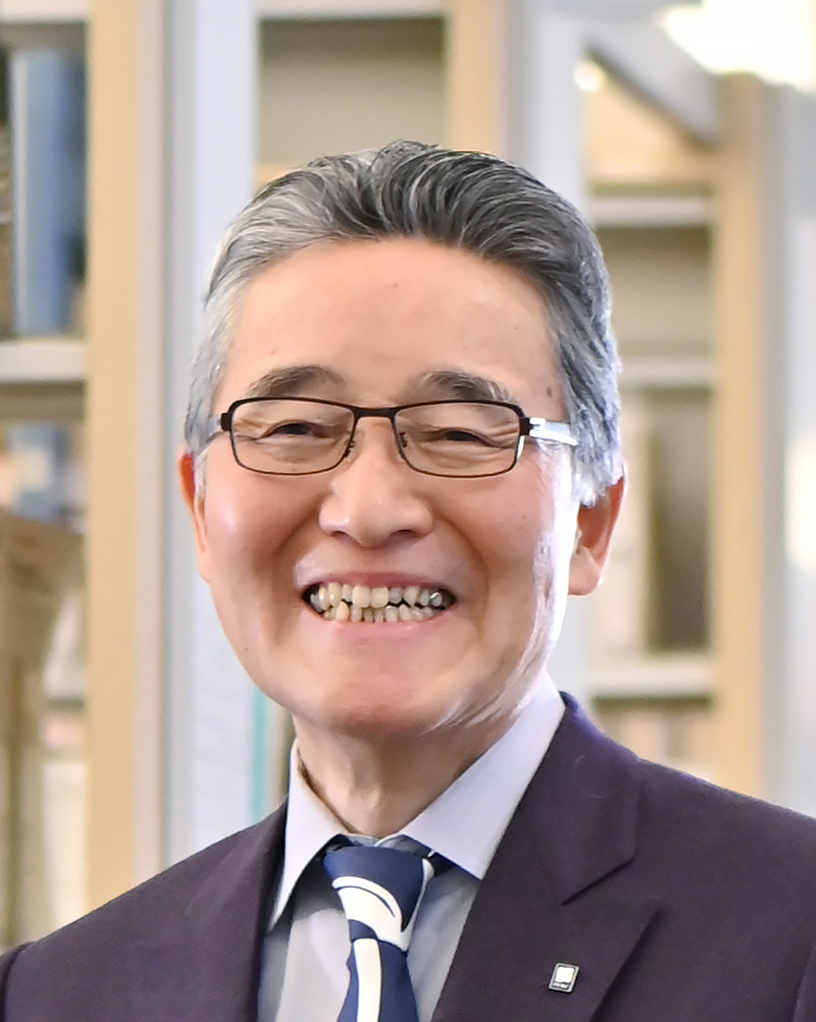Faculty

YOKOYAMA Toshio
PresidentResearch Keywords:
stable societies; civilizing process; household encyclopedias; global environment
| Degrees | D.Phil. (Modern History), Oxford University (1983) M.LL. (Political Science), Kyoto University (1972) B.LL. Kyoto University (1970) |
|---|---|
| Selected Professional Experiences |
|
| Research Fields | History of Pre-modern Japanese Civilization; Euro-Japanese Cultural Relations; Sustainable Tourism |
| Major Publications in English |
|
| Academic Organizations (select) | European Association for Japanese Studies(1978- ) The Japanese Society for Eighteenth-Century Studies (2009- ) Japan Society for Cultural studies of Chinese Characters (2018- ) Japan Society for the Comparative Study of Civilizations(2019- ) |
Messages
During the 22 years of this university's history since 2000, there has been an increasing awareness in many parts of the world that both cultural diversity and sustainable design, not only of material objects but also of community rules, matter for the survival of human beings.
In Japanese, a word that subsumes this range of meanings is bunmei 文明, which literally means 'interwoven radiance.' Since ancient times, this term has stood for the classical East Asian idea of civilization. While the modern European notion of civilization has been human-centred, the word bunmei has preserved at its core the sense of harmonious coexistence between all phenomena within heaven and earth, whether human or non-human.
Since joining this university situated in the middle of the historic region of Enshu, I have striven to open on campus a house under the name of 'Enshu Gakurin 遠州学林' (gakurin means 'grove of scholars'), where transdisciplinary bunmei-conscious dialogues will thrive between all members of the university as well as visitors from various parts of the world.
In Japanese, a word that subsumes this range of meanings is bunmei 文明, which literally means 'interwoven radiance.' Since ancient times, this term has stood for the classical East Asian idea of civilization. While the modern European notion of civilization has been human-centred, the word bunmei has preserved at its core the sense of harmonious coexistence between all phenomena within heaven and earth, whether human or non-human.
Since joining this university situated in the middle of the historic region of Enshu, I have striven to open on campus a house under the name of 'Enshu Gakurin 遠州学林' (gakurin means 'grove of scholars'), where transdisciplinary bunmei-conscious dialogues will thrive between all members of the university as well as visitors from various parts of the world.
